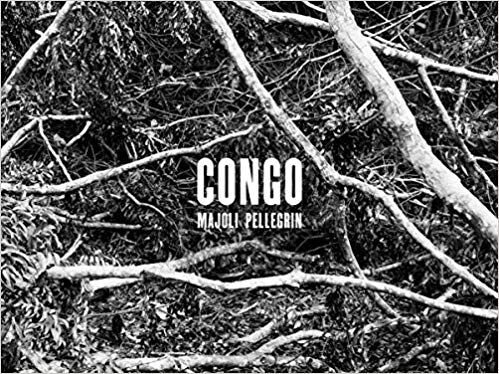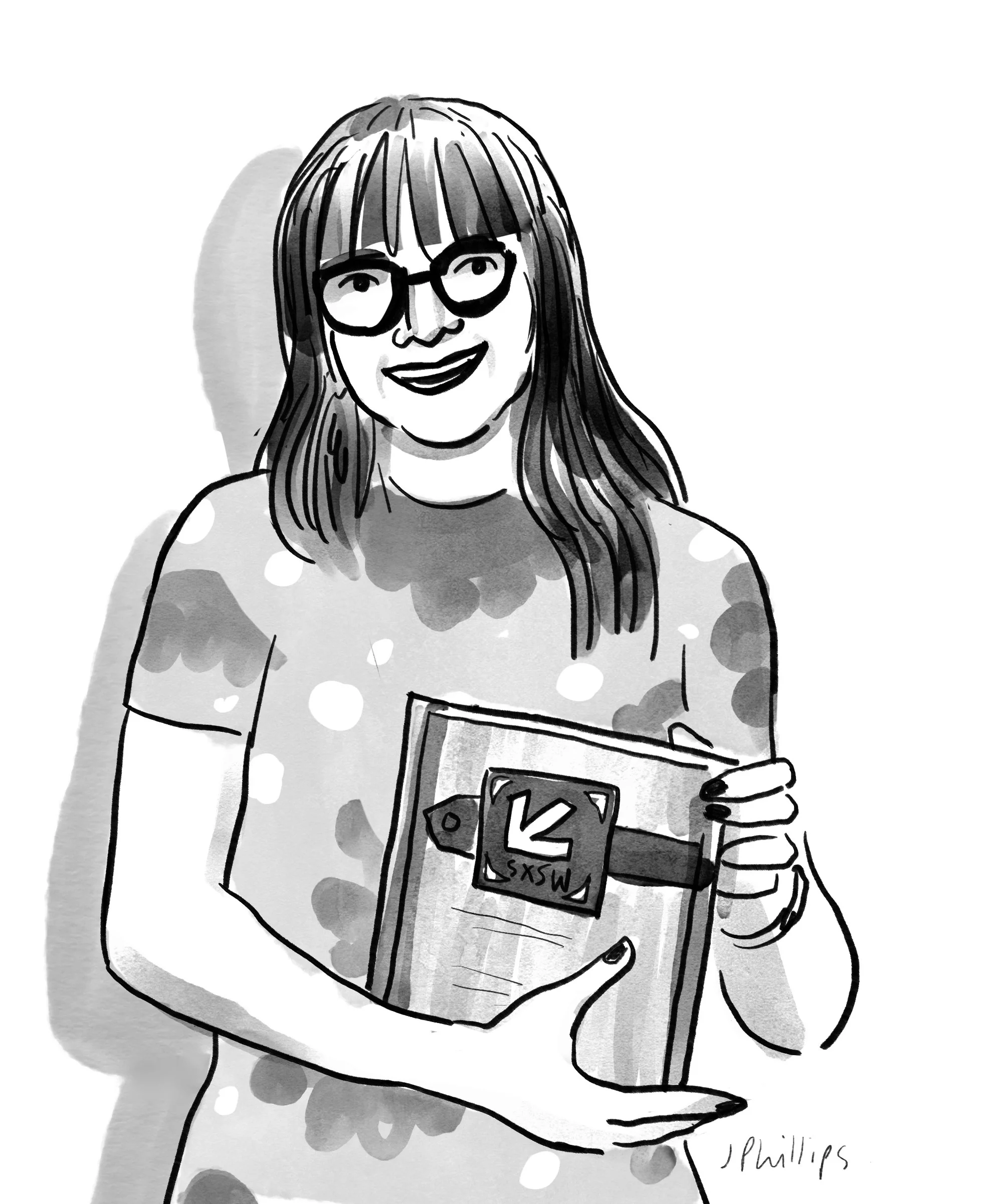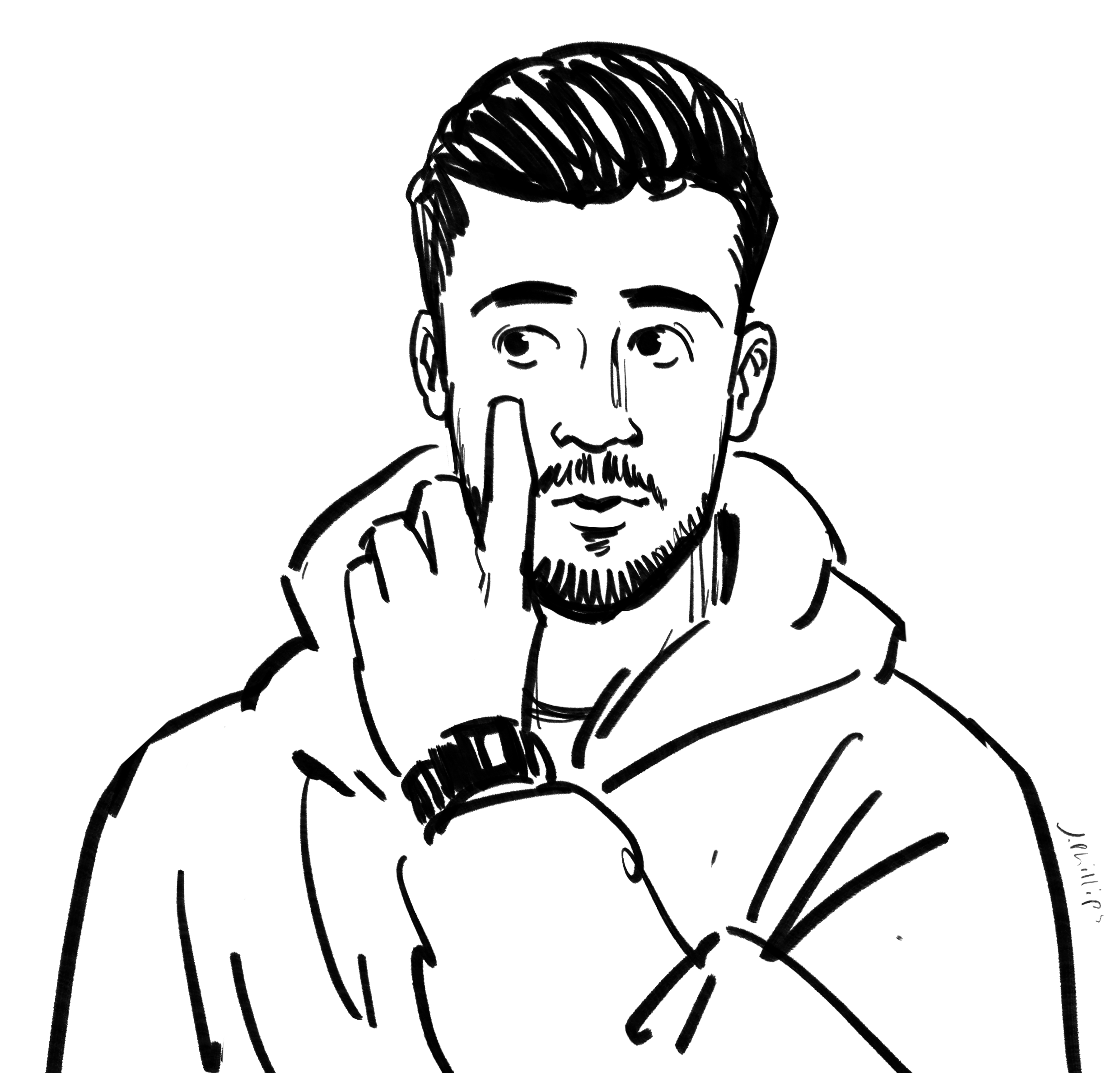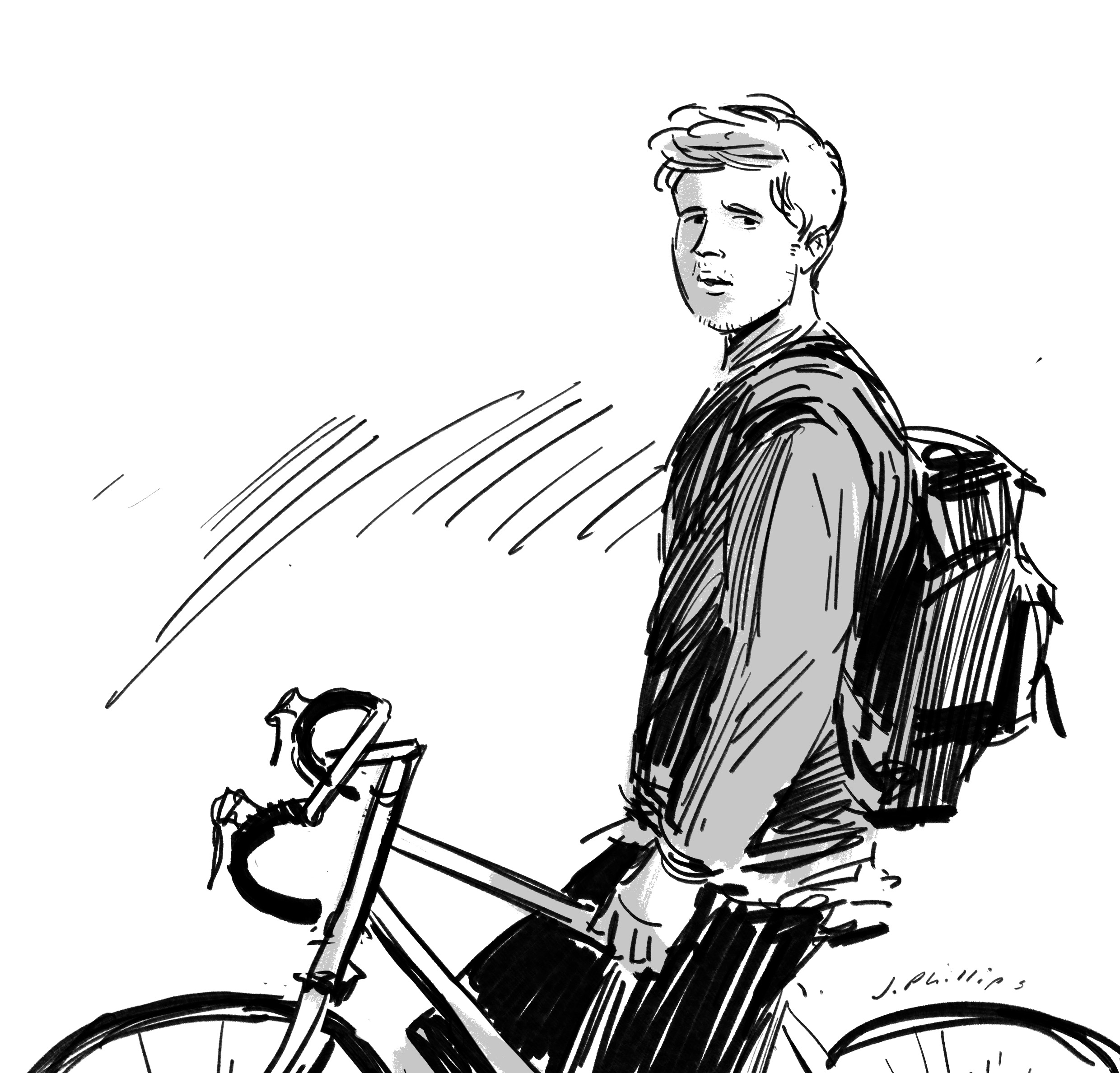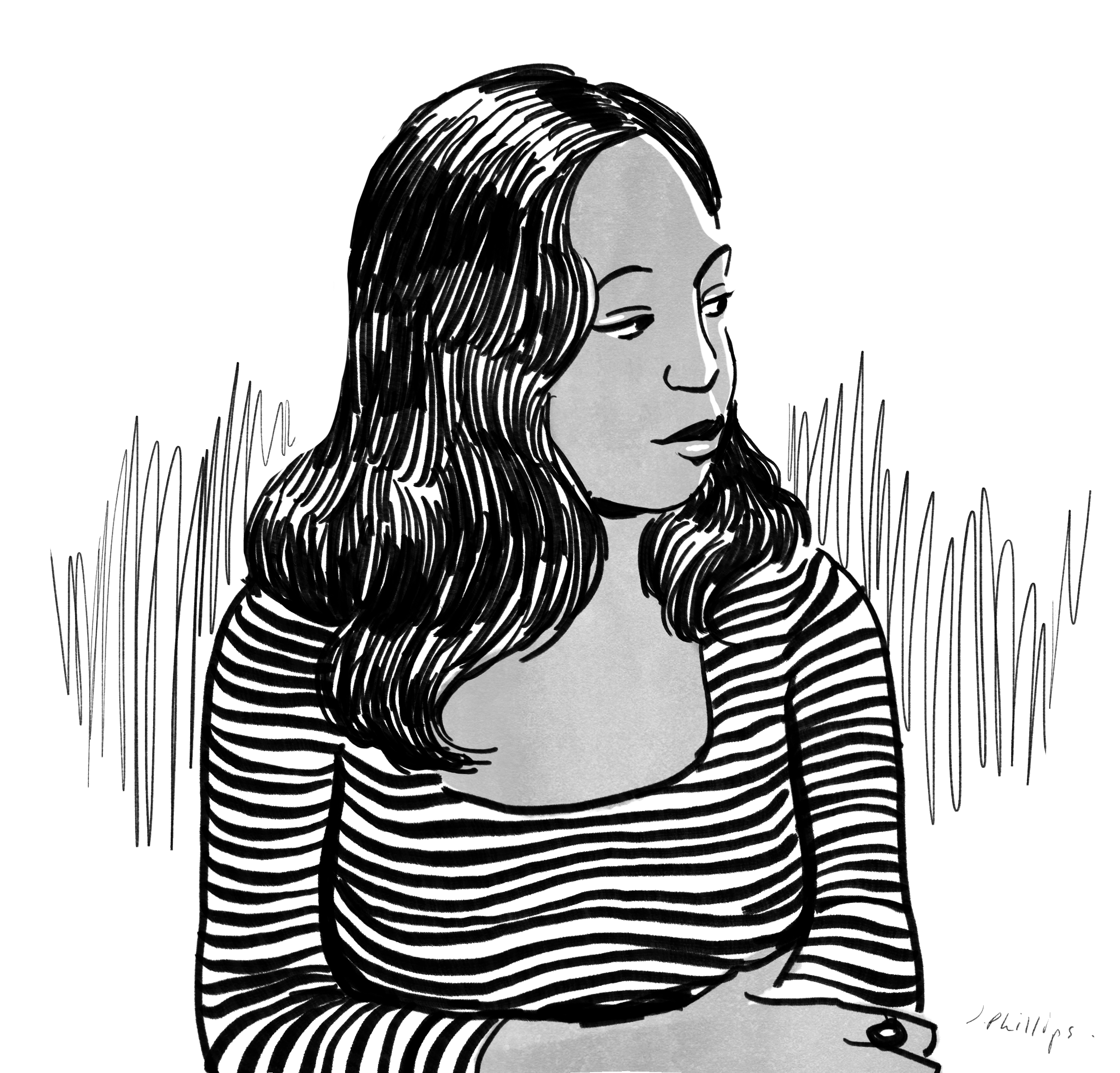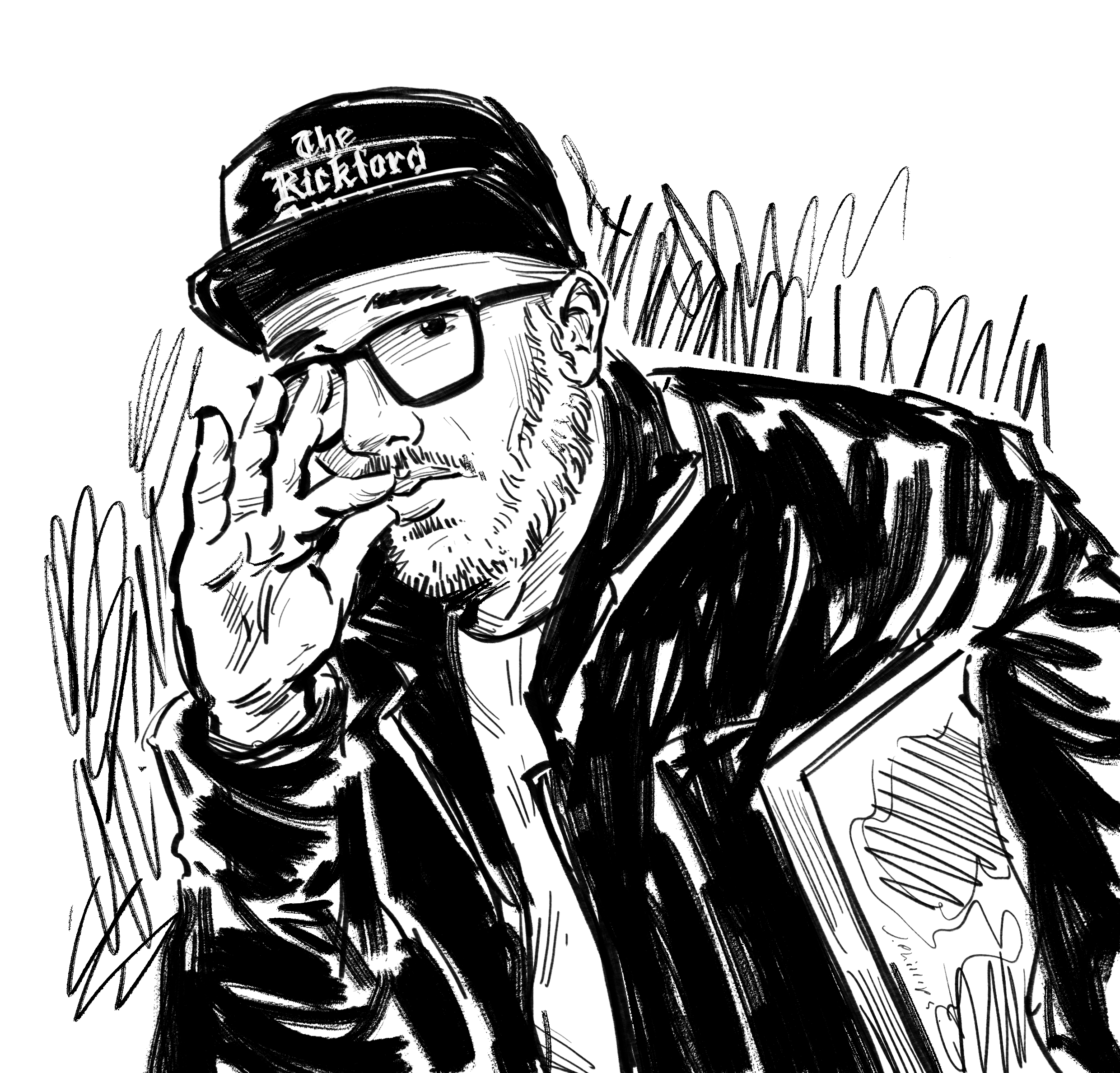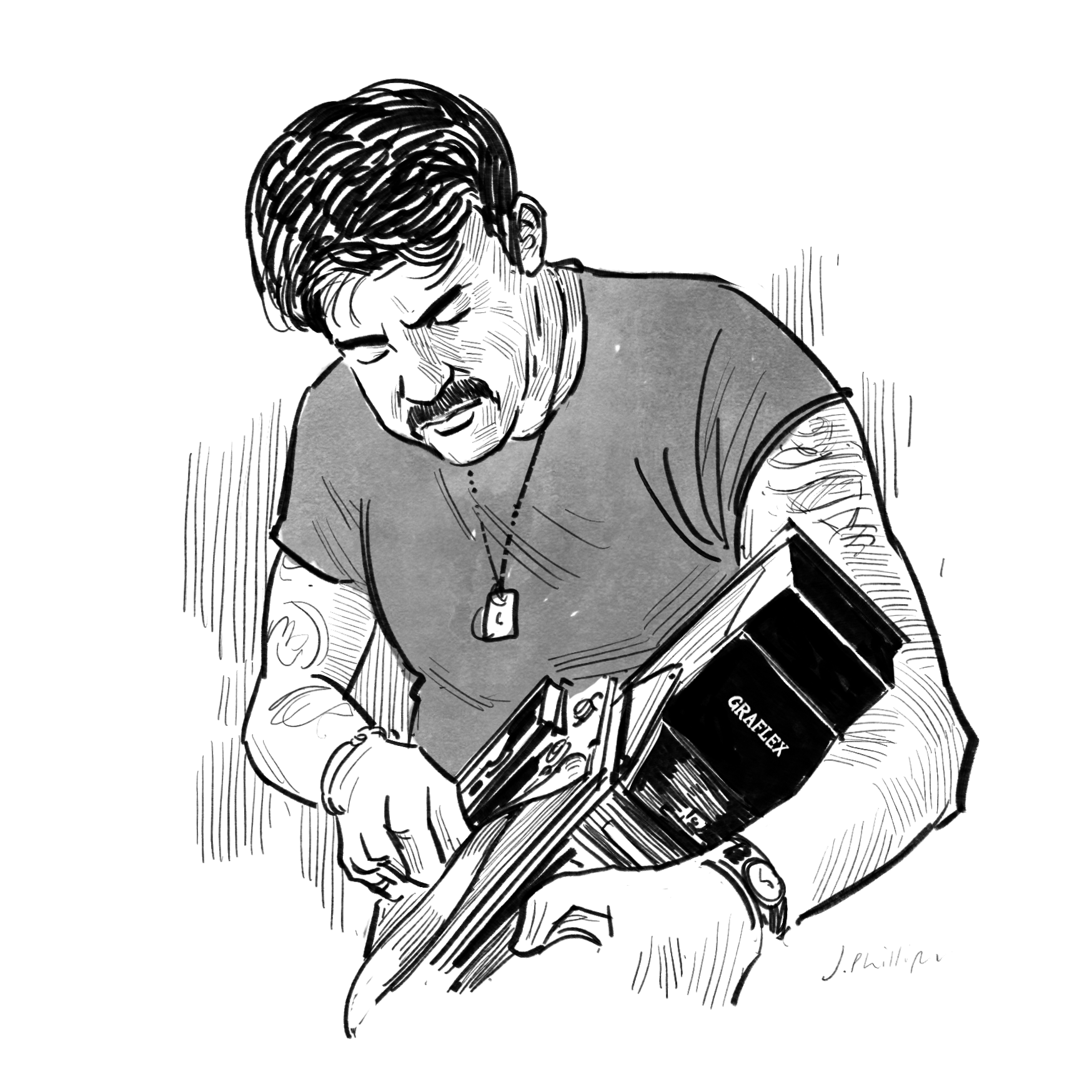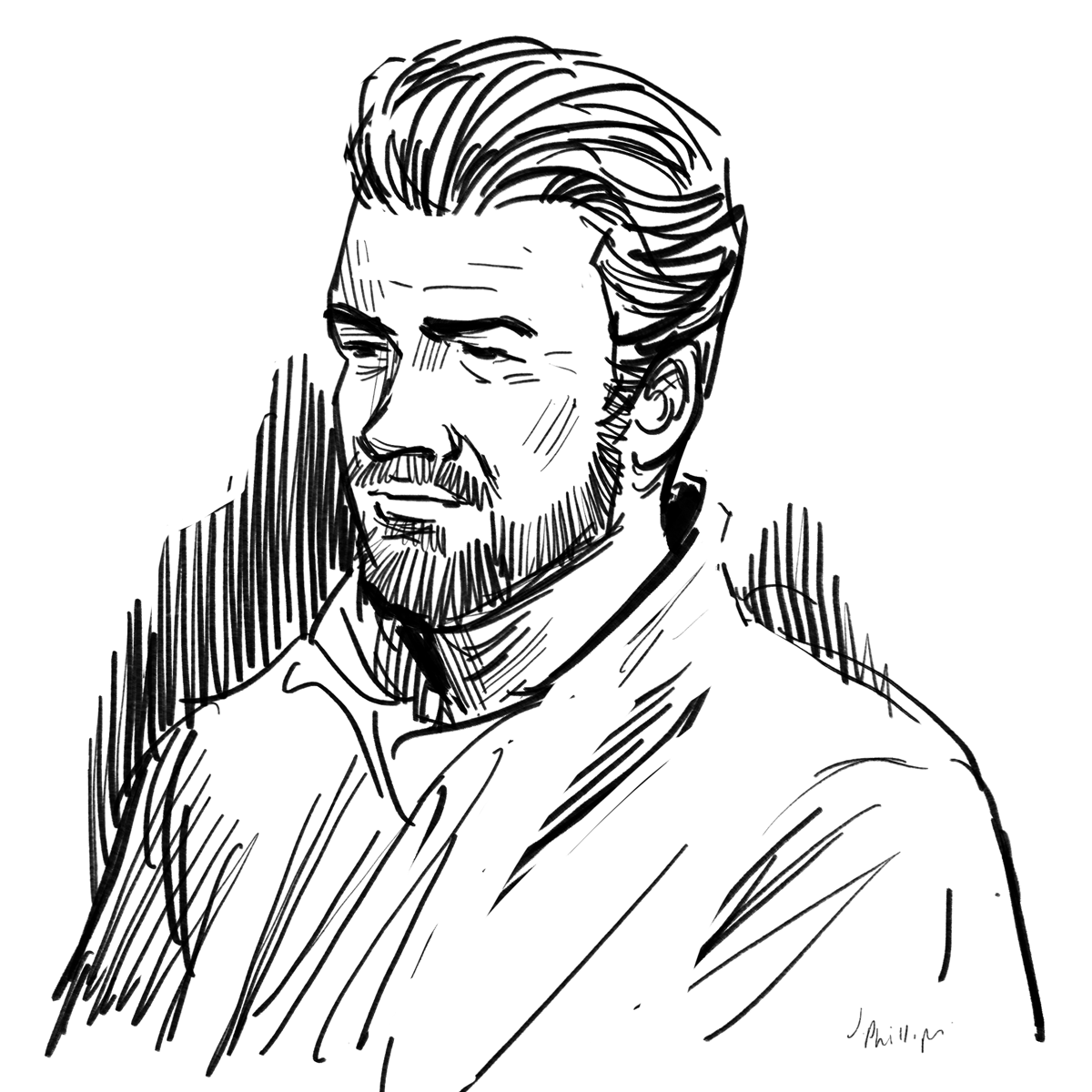Léonard Pongo, Photographer
Léonard Pongo is a documentary photographer and educator. His long-term project, The Uncanny, started in 2011 and is a deep dive into the daily life of Congo, DR. The project has earned him several international awards and worldwide recognition.
Pongo’s work has been featured in exhibitions around the world and published in The Washington Post, The Guardian, CNN, National Geographic, and many other publications.
He shares four books that inspire his work, speaks about how he developed his signature style, and we learn about something he believes that most photographers might disagree with.
Kerry James Marshall: Mastry
by Helen Molesworth
“Although not a photography book, an extremely important read on image creation, their relevance in visual literacy, and the framing of mankind's history. His work covers so much amazing use of colour (or absence thereof), as well as issues of representation, and the black experience through depiction of mundane, political, mystical scenes. His work is a huge inspiration to my own work and he is an extremely necessary artist. His work is an artist's guidebook on what artists should question.”
Congo,
by Alex Majoli and Paolo Pellegrin
“They chose to approach the territory of Congo (Brazzaville) in a documentarian, yet non-narrative, manner. They decided to use different visual approaches (reportage, staged, snapshots, panoramic) and to mix images regardless of who photographed them in a way that shows complete freedom from the medium and results in a stunning piece. Eventually they created a work that immerses the audience into experiencing rather than trying to analyse and explain.”
Black Passport,
by Stanley Greene
“For the power of its narrative flow, the "no tricks, no BS" way of designing an object that translates the life of a photojournalist, including his doubts, failures and successes, both personal and professional. It demystifies a profession and reveals its costs and the impact this path can have on the human psyche.”
End Time City,
by Michael Ackerman
“The book design is quite simple, the images are extremely varied in their format, visual style and framing, and yet it works. I love the indiscriminate punk-style use of formats (24*36, 6*6, pano) depending on what feels right. Complete freedom. This is one of the first works that really hit me and showed me you could use photography for more than narrative storytelling. It convinced me that photography can be a tool to create a completely new world based one's search for experience and obsessions.”
Léonard, your work captures movement and split-second moments where something is about to happen. What inspires you to see the world like this?
What inspires me is a need to create images that are connected to experience. To use photography to create an impression, to have emotional impact rather than to use images as proofs of a fact-based analysis or opinions.
It has developed over time, but I think it translates into a need to say, "this is how I feel in this place and how some other people feel" rather than to say "this is how these people live, I have been here and I know it because I photographed them.”
I developed this approach by being in Congo, in my family, and in an environment of which I only knew and understood fragments. I felt illiterate and I realized that my first intentions of using photography as a tool for social analysis made no sense. The context was too big to be reduced to so little. My language and my purpose had to change. Instead of being an observer who represents and explains reality, I started to develop a visual experience that could translate the interaction of a biased partaker with a world that provided an overwhelmingly rich experience. It was more input than I could process. Seeing the world like this is a representation of that process.
Can you describe the moment when you realized this kind of photography drew you in?
I think when I started looking at work by artists such as Anders Petersen, Michael Ackerman, Francis Bacon, Antoine d'Agata, and started seeing how the creation of images could be a way to combine different angles, different experiences and layers of understanding, living, capturing, feeling.
What is something in the photo industry that deserves more attention?
Craftsmanship. How do we create images the way we do and why? Also, questioning the narratives we create about the world, and why we keep on recreating the same stories over and over again.
The Uncanny is a documentary about reconnecting with your heritage. What compelled you to reconnect and how did you change after the project was completed?
The Uncanny is a process that is still ongoing. I felt compelled to know what Congo DR was, from living it, not from mentally ingesting knowledge about it. I wanted to understand who my family is and who I am, and because of that I went to Congo. It has definitely changed my approach to photography, my perception of myself, and my relation and understanding with Congo DR and the Congolese people. It has pushed me to question representation, the limits of the photographic medium, and the freedom those limitations provide.
What's something you believe in photography that most people would disagree with?
Photography is the weakest language to represent reality. A photograph is not a proof, it's a frame, a lie, sometimes faithful, sometimes well contextualized, but it is not reality, it is never more than an image.




